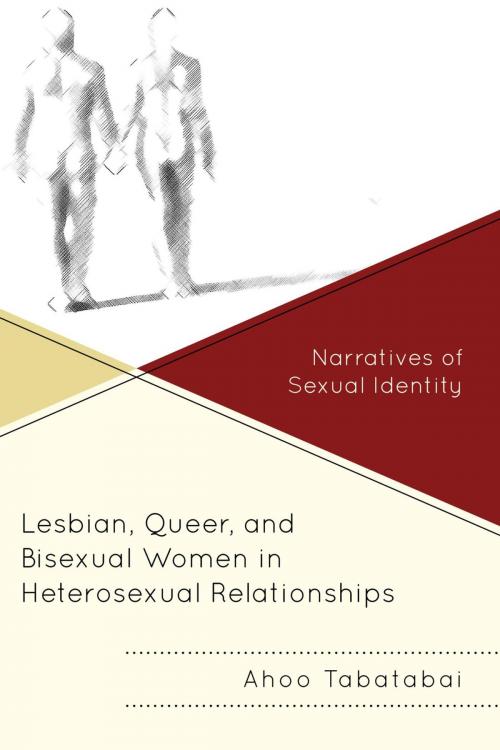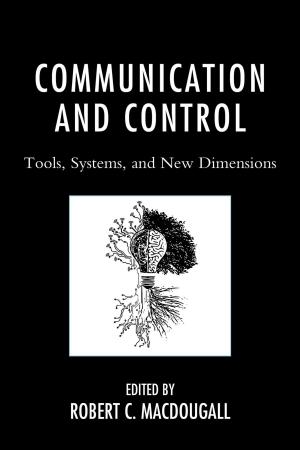Lesbian, Queer, and Bisexual Women in Heterosexual Relationships
Narratives of Sexual Identity
Nonfiction, Social & Cultural Studies, Social Science, Gender Studies, Gay Studies, Women&| Author: | Ahoo Tabatabai | ISBN: | 9781498505628 |
| Publisher: | Lexington Books | Publication: | October 29, 2015 |
| Imprint: | Lexington Books | Language: | English |
| Author: | Ahoo Tabatabai |
| ISBN: | 9781498505628 |
| Publisher: | Lexington Books |
| Publication: | October 29, 2015 |
| Imprint: | Lexington Books |
| Language: | English |
This book draws on interviews with women who left relationships with women to begin relationships with men, and uncovers how the women make sense of who they are. The women who leave female partners to begin relationships with male partners have the capacity to redefine their sexual identity. They can essentially call themselves whatever they want. However, their capacity for such a creative process is limited. In the process of framing their decision in a way that renders their claim to a stable identity legitimate, the women communicate their understandings of notions of identity, community, and belonging. The women also show a nuanced regard for sexual categories. They stretch the boundaries of some categories, while preserving and even policing the boundaries of other categories. This book is in no way an ex-gay narrative. It is entirely the voices of feminist, queer women who find themselves viewed by society as heterosexual, but who themselves, with two exceptions, do not identify as such. This book is a rich collection of wonderfully human stories about what it means to be “true” to oneself.
This book draws on interviews with women who left relationships with women to begin relationships with men, and uncovers how the women make sense of who they are. The women who leave female partners to begin relationships with male partners have the capacity to redefine their sexual identity. They can essentially call themselves whatever they want. However, their capacity for such a creative process is limited. In the process of framing their decision in a way that renders their claim to a stable identity legitimate, the women communicate their understandings of notions of identity, community, and belonging. The women also show a nuanced regard for sexual categories. They stretch the boundaries of some categories, while preserving and even policing the boundaries of other categories. This book is in no way an ex-gay narrative. It is entirely the voices of feminist, queer women who find themselves viewed by society as heterosexual, but who themselves, with two exceptions, do not identify as such. This book is a rich collection of wonderfully human stories about what it means to be “true” to oneself.















